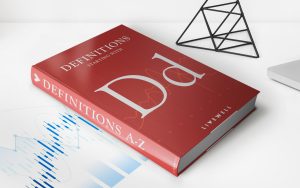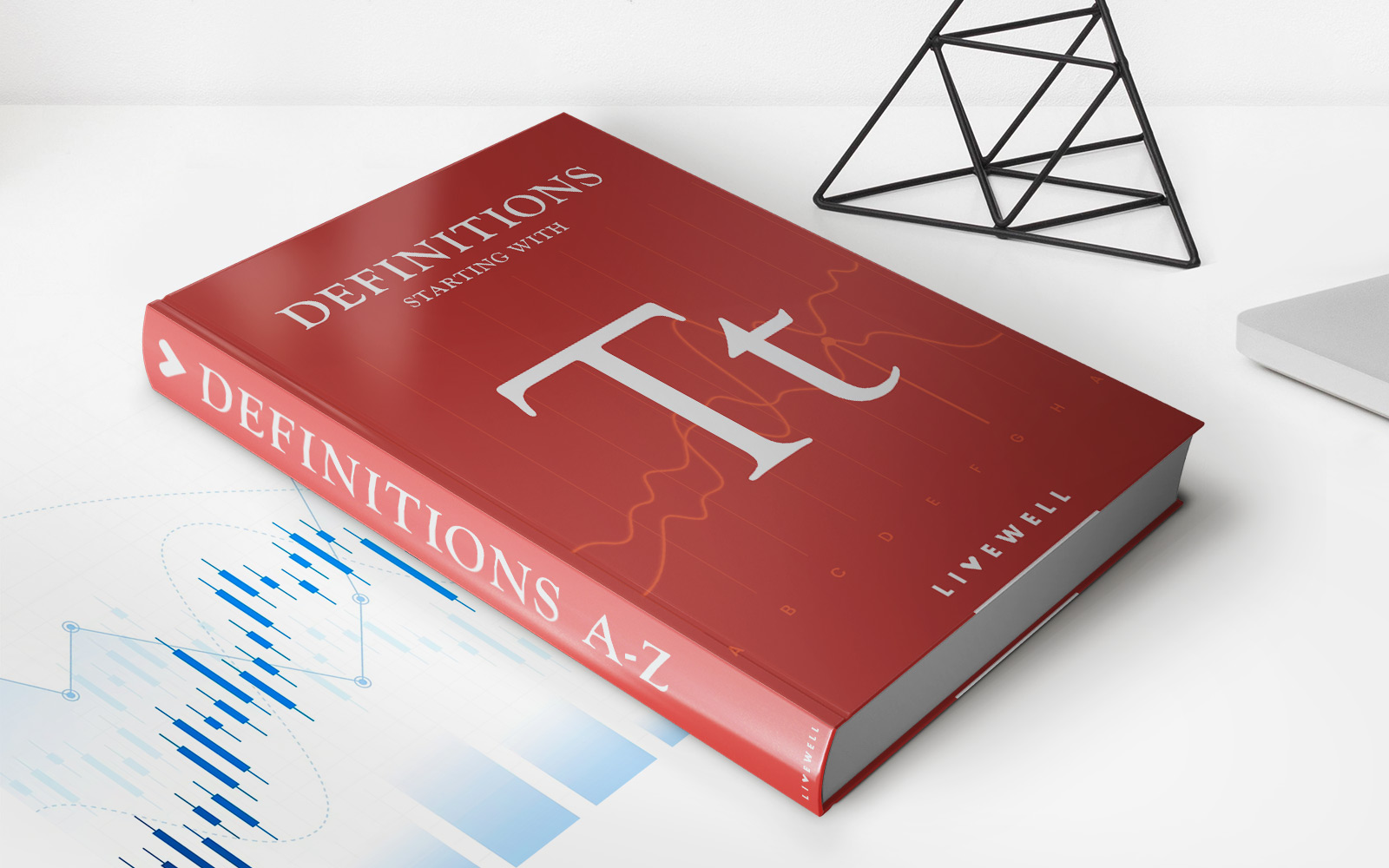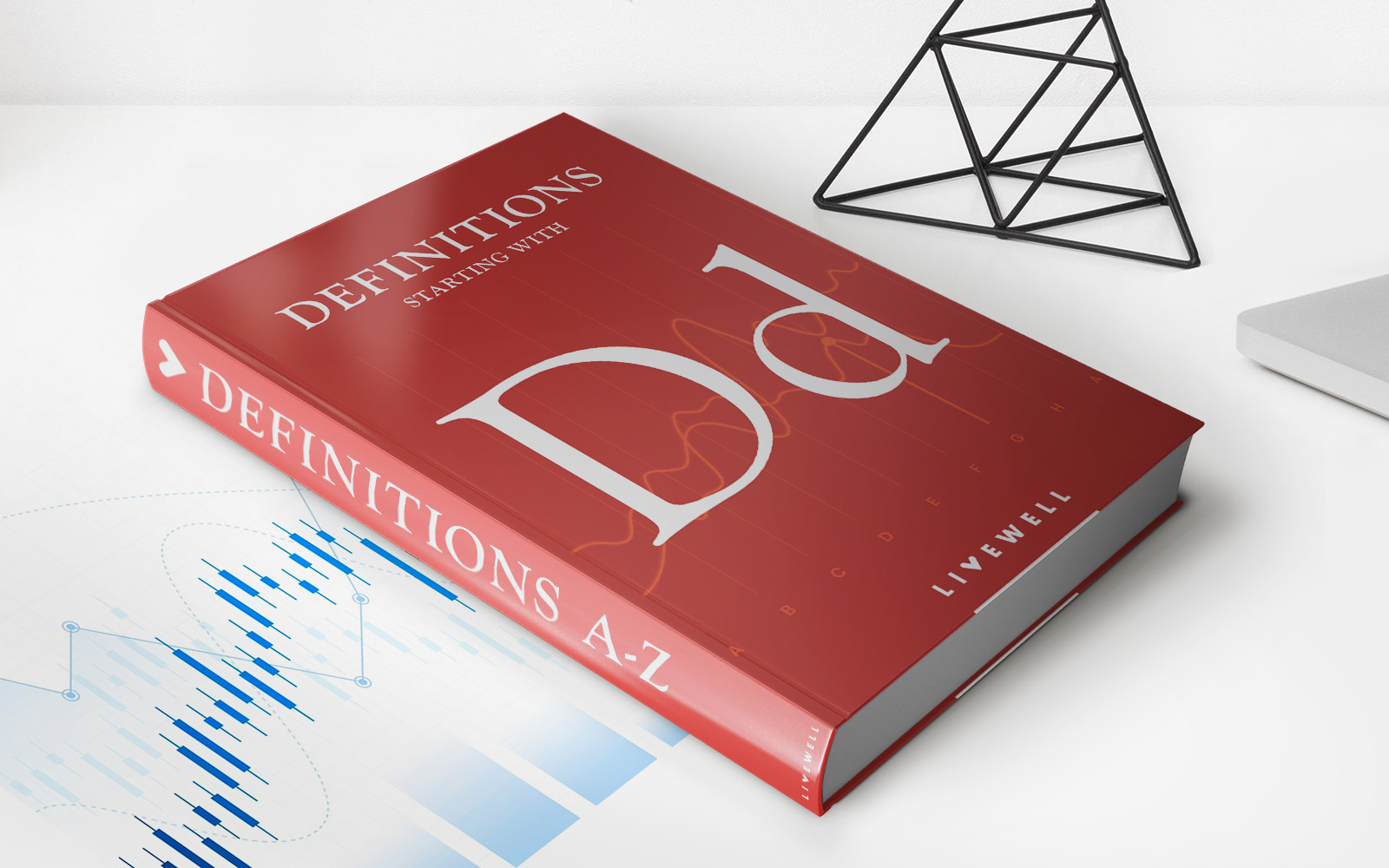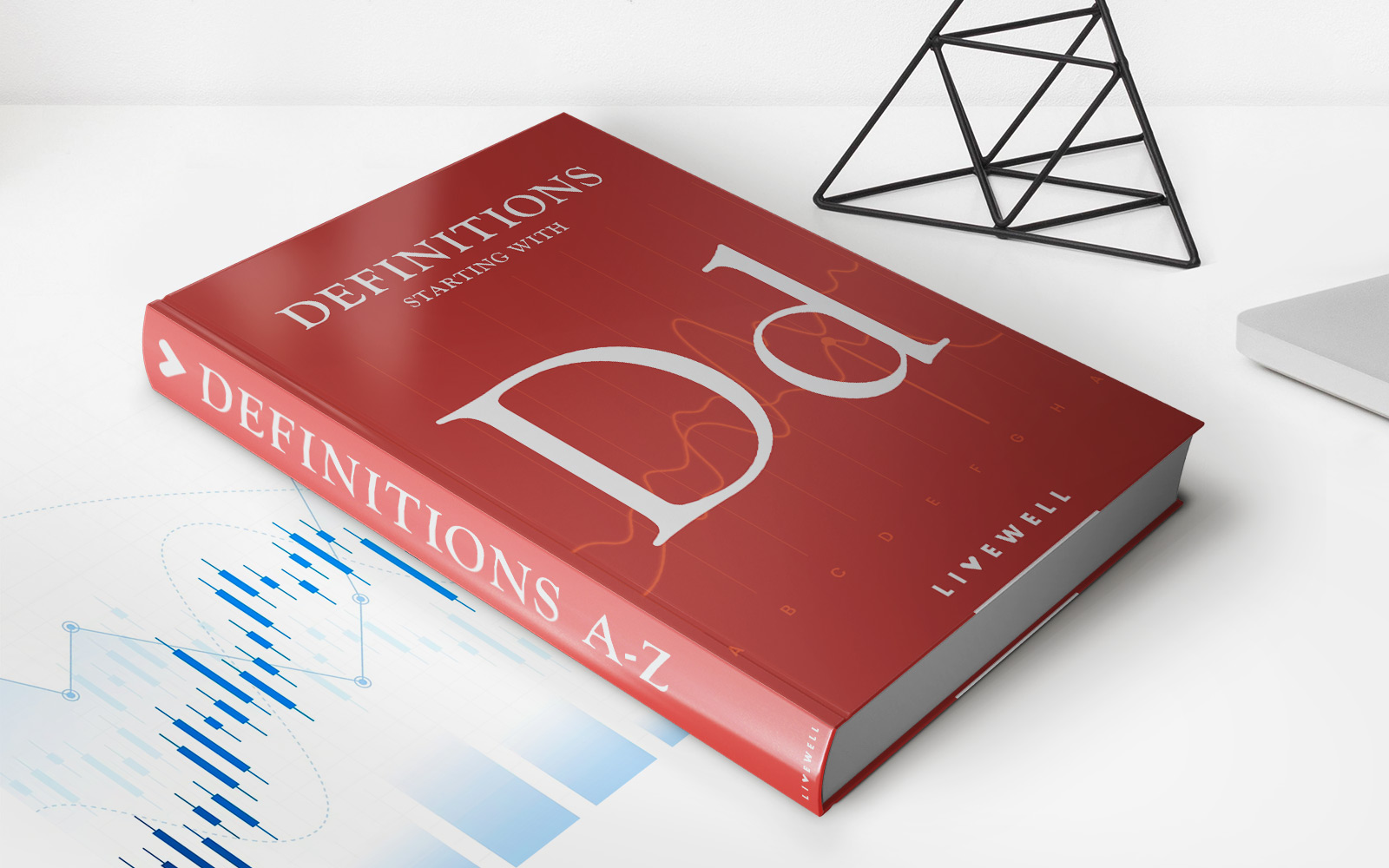Home>Finance>Dry Powder: Definition, What It Means In Trading, And Types


Finance
Dry Powder: Definition, What It Means In Trading, And Types
Published: November 14, 2023
Learn about the definition, trading implications, and different types of dry powder in finance. Gain valuable insights into this key concept in the world of trading.
(Many of the links in this article redirect to a specific reviewed product. Your purchase of these products through affiliate links helps to generate commission for LiveWell, at no extra cost. Learn more)
Dry Powder: Definition, What It Means in Trading, and Types
When it comes to finance, understanding common terms and concepts is crucial for anyone navigating the industry. One such term is “dry powder.” But what exactly does this term mean? How is it relevant in trading? And what are its different types? In this blog post, we will delve into the definition of dry powder, its significance in trading, and the different types that exist.
Key Takeaways
- Dry powder refers to the cash or liquid assets held by individuals or organizations that are readily available for investment opportunities.
- Having dry powder can be advantageous, as it allows traders to capitalize on potential market opportunities quickly.
What is Dry Powder?
In finance, dry powder refers to the cash or liquid assets that individuals or organizations hold, which are readily available for investment opportunities. It represents the amount of money available to deploy for trading purposes, often in the form of stock purchases or investment in other financial instruments. This capital is called “dry powder” because it is not actively invested in any specific asset, giving traders the flexibility to use it when favorable market conditions arise.
Dry powder can be held by individual investors, investment firms, or private equity funds. It serves as a valuable resource for these entities, allowing them to take advantage of market fluctuations and make strategic investment decisions.
Significance of Dry Powder in Trading
The significance of dry powder in trading cannot be overstated. Having cash or liquid assets readily available provides traders with the ability to act swiftly when market opportunities arise. By having dry powder on hand, traders can seize favorable moments to buy or sell assets, potentially increasing their returns.
Key Takeaways:
- Having dry powder allows traders to capitalize on potential market opportunities quickly.
- It provides traders with a competitive advantage by enabling them to make timely investment decisions.
Moreover, dry powder also acts as a buffer during market downturns or economic uncertainties. When markets experience turbulence, having cash reserves in the form of dry powder ensures that traders are not forced to sell existing assets at a loss. Instead, they can rely on their readily available funds to weather the storm and potentially capture new opportunities arising from market corrections.
Types of Dry Powder
Depending on the nature of the entity handling the funds, dry powder can be categorized into different types:
- Individual Dry Powder: This refers to the cash or liquid assets held by individual investors. It includes personal savings, investment accounts, or money market funds accessible for trading purposes. Individual dry powder gives retail traders the freedom to make independent investment decisions.
- Corporate Dry Powder: Corporate dry powder represents the cash reserves held by companies or businesses. It can be used for various purposes such as expanding operations, acquiring assets or companies, or making strategic investments for growth and development.
- Private Equity Dry Powder: Private equity firms accumulate dry powder to invest in private companies or acquire controlling stakes in existing businesses. This type of dry powder enables private equity funds to take advantage of investment opportunities in the private market.
These are just a few examples, and depending on the context, there may be other types of dry powder relevant to specific financial sectors or investment strategies.
In Conclusion
Dry powder is an essential concept in the world of finance, particularly in trading and investing. It refers to the cash or liquid assets readily available to individuals, investment firms, or private equity funds. The significance of dry powder lies in its ability to provide traders with the flexibility to act quickly on market opportunities, protect against market downturns, and make strategic investment decisions. Understanding the different types of dry powder allows traders and investors to navigate the financial landscape more effectively and capitalize on potential growth.
So the next time you hear someone mentioning “dry powder” in finance or trading discussions, you can confidently contribute to the conversation armed with a clear understanding of what it means and its importance in the industry.














